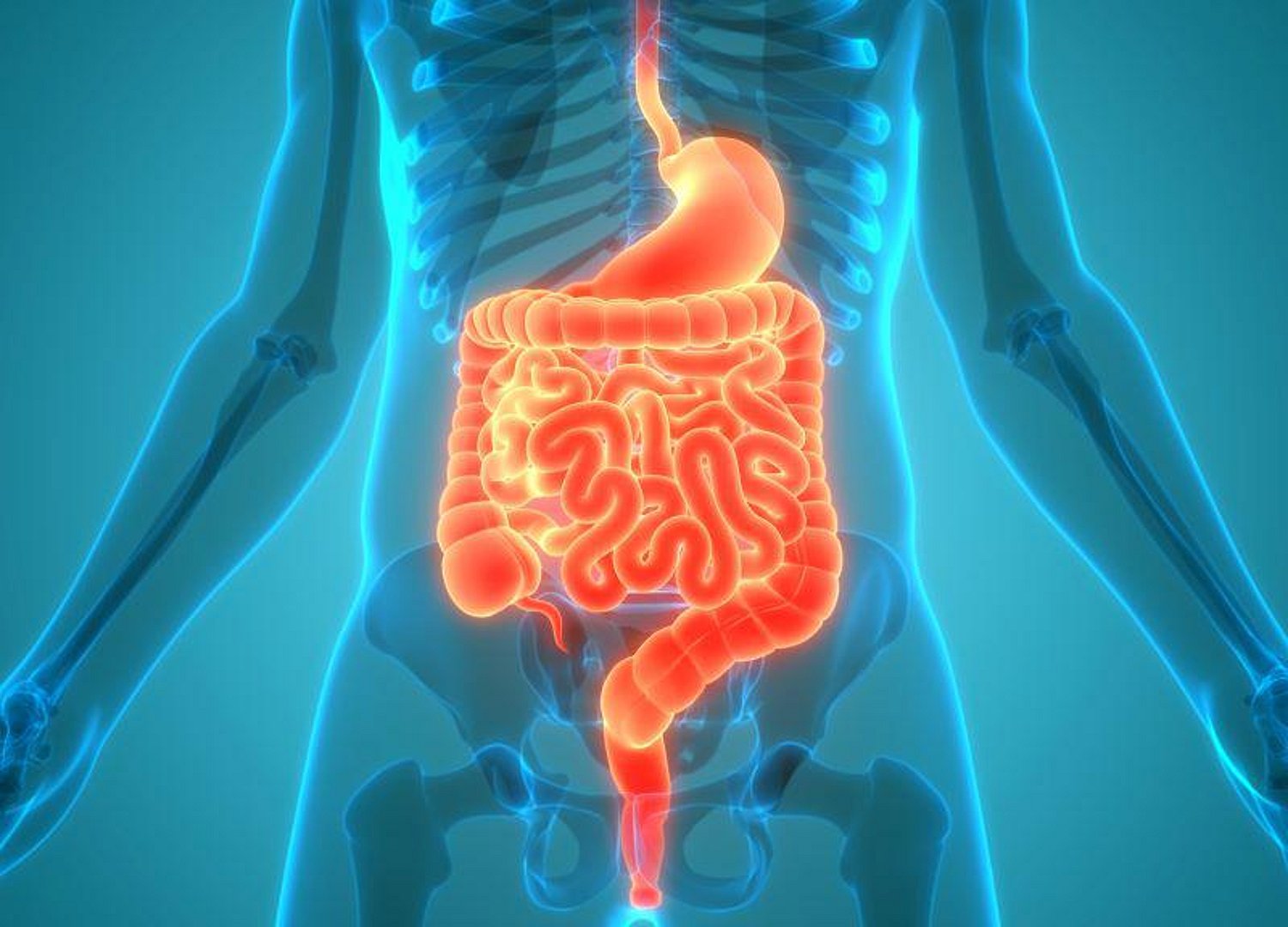American College of Gastroenterology, Oct. 21-26

The annual meeting of the American College of Gastroenterology was held from Oct. 21 to 26 in Charlotte, North Carolina, and attracted approximately 5,000 participants from around the world, including gastroenterology and digestive specialists and other health care professionals. The conference featured presentations focusing on clinical updates in gastroenterology and hepatology as well as the latest advances in digestive health and gastrointestinal disorders.
In one study, Robert Postlethwaite, M.D., of the University of Texas Southwestern Medical Center in Dallas, and colleagues found that a history of type 2 diabetes mellitus, tobacco use, and advanced chronic kidney disease (CKD stage ≥3) is associated with a greater risk for developing acute pancreatitis in patients taking glucagon-like peptide 1 (GLP-1) receptor agonists (GLP-1RAs) for obesity.
The authors performed a retrospective single-center study among patients seen in a weight-wellness program between Jan. 1, 2015, and Dec. 31, 2021, and identified patients initiating GLP-1RAs. Patients were stratified based on the development of acute pancreatitis. The researchers found that 2.2 percent of patients (49 out of 2,245) developed acute pancreatitis after being started on a GLP-1RA for obesity. The investigators also found that a history of type 2 diabetes mellitus, tobacco use, and advanced CKD (stage ≥3) was associated with a higher risk for developing acute pancreatitis. Patients with a body mass index (BMI) >36 kg/m² versus those with a BMI ≤30 kg/m² had a lower risk for developing acute pancreatitis after GLP-1RA use.
"A notable finding from our study was that known clinical risk factors for acute pancreatitis, including alcohol use, prior history of acute pancreatitis, and gallstone disease, were not associated with an increased risk of acute pancreatitis with GLP-1RA therapy," Postlethwaite said. "Therefore, providers may not need to withhold GLP-1RA therapies in these groups as patients will likely benefit from obesity treatment and less than 2 percent of eligible people receive antiobesity medications in the United States."
In another study, Andrew Chang, M.D., of Sierra Nevada Gastroenterology Medical Associates in Grass Valley, California, and colleagues found that by understanding patient preferences for telemedicine versus in-person visits, clinical practitioners can schedule patients in a way that maximizes their satisfaction and improves office efficiency.
The authors evaluated ways to utilize telemedicine that will enhance patient experience using surveys delivered via mail or in person to 1,100 randomly selected patients in a community-based practice. Patients had a telemedicine visit between April 2020 and October 2021. A total of 320 surveys were completed. The researchers found that patients who came in for new complaints or serious problems preferred to see their physician in person. Patients who had routine follow-up, had stable medical problems, or needed a procedure-related visit preferred telemedicine. Furthermore, patients felt that physicians demonstrated compassion more effectively in person.
"This may be due to the fact that body language, tone, and facial expressions are more effectively delivered in person than over telemedicine. In general, patients felt that telemedicine was more convenient and therefore preferred for follow-up visits," Chang said. "In-person visits should be offered to all patients who have new complaints or serious medical issues. Telemedicine may be offered to patients with stable medical problems who just need routine follow-up."
Shahroz Fatima, M.D., of New York University Langone Health in New York City, and colleagues found that pregnant women with history of bariatric surgery have an increased risk for pregnancy and labor and delivery complications and should be considered high-risk pregnancies, as the rate of potential complications is higher compared with those without prior bariatric surgery, including when compared with pregnant women with obesity.
The authors performed a retrospective cohort analysis of the 2012 Nationwide Inpatient Sample database to gain insight into pregnancy and labor and delivery complications in women who had undergone bariatric surgery versus those who had not undergone the surgery, with and without obesity. The researchers found that pregnant women with prior bariatric surgery had a lower incidence of hypertension, diabetes (including gestational), and preeclampsia compared with obese pregnant women. Pregnant women with prior bariatric surgery had a higher incidence of hyperemesis, nutritional deficiencies, spontaneous abortion, thromboembolism, alcohol use, and mental health disorders compared with both obese and nonobese pregnant women without bariatric surgery. Furthermore, bariatric surgery increased the incidence of labor and delivery complications, including cesarean section and breech delivery, fetal distress, anesthesia complications, infections in puerperium ectopic pregnancy, spontaneous abortion, and thromboembolic complications.
"Patients with prior bariatric surgery need to be counseled about the increased pregnancy and labor and delivery risks. This may need to be discussed with women contemplating pregnancy prior to bariatric surgery as now we have other effective weight loss modalities," Fatima said. "This cohort also may benefit from close follow-up as a high-risk pregnancy, if pregnancy occurs after surgery, given the risks that we had described in our study."
Related Posts
Traveler’s Diarrhea: Symptoms & How to Get Relief
WEDNESDAY, June 14, 2023 (HealthDay News) -- A bout of traveler's diarrhea can...
Can Adults Get RSV?
MONDAY, Nov. 7, 2022 (HealthDay News) -- As health experts warn about RSV...
Pharmacy-Level Stewardship Can Save on Immune Checkpoint Inhibitors
TUESDAY, July 11, 2023 (HealthDay News) -- Adoption of pharmacy-level...
Omicron COVID Causing Severe Croup in Young Children
FRIDAY, March 18, 2022 (HealthDay News) --The Omicron COVID-19 variant can cause...
